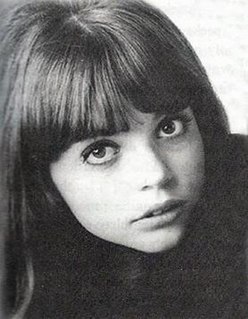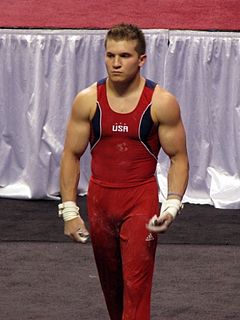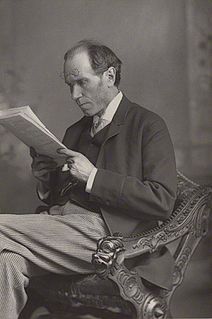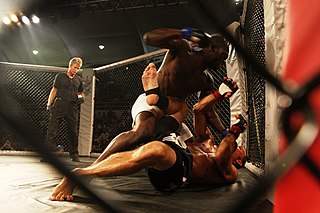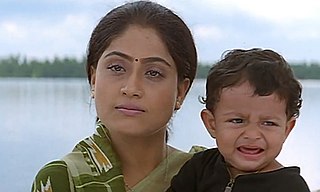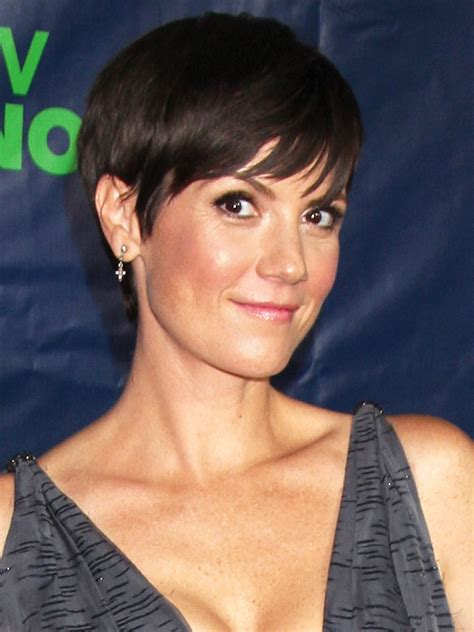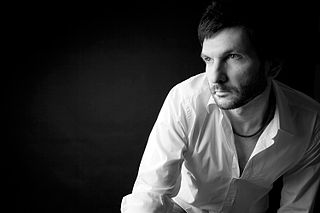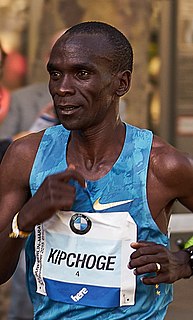A Quote by Felicity Jones
I would be writing an essay that was due in the next day until about 1 A.M., and then I would be up at 6 A.M. and on a train to Birmingham to record 'The Archers'. It was pretty intense.
Related Quotes
I didn't learn how to read and write until pretty late, and it was this very mysterious, incredible thing, like driving, that I didn't get to do. And then I started writing things down on little scraps of paper and I would hide them. I would write the year on them and then I would stuff them in a drawer somewhere. But I didn't start to really read until about eight. I'm dyslexic, so it took a long time.
My first workout starts at 9:00 a.m. every morning. I'm in the gym from 9:00 a.m. to 11:00 a.m. We do strength conditioning, stretching, pretty intense workouts in the morning. We go back in the gym at 1:00 p.m. and train until 5:00 p.m. It's all routines, repetition, doing the same skills over and over again, trying to polish and perfect everything. I head home, eat dinner, spend some time with my wife and start over the next day. I train about six days per week.
I messed up my eyes. It's funny, I was training and we thought I had a mild concussion. But you know, I was out in Albuquerque and I would train from 9:30 to 11:00 and then I would rest all day long until 5:00 and I'd be playing on my phone, so I was playing on my phone and it scrambled my fore-vision.
The book was just something that came along after we played the Super Bowl and I wrote a little essay that went online. Then I had two or three weeks and I said, wow, that essay was pretty good. Maybe I'll try and write some other stuff. Writing about the depression, I just felt - you know, when you write a book like this, you have to open up your life. You have to be willing to do so to a certain degree.
If I could eat whatever I wanted every day, I would have Domino's pizza with pasta carbonara inside every slice. And at night, I would have Neapolitan ice cream until I felt absolutely toxic. And then I would drift off telling myself, 'It's going to be O.K... It's going to be O.K. you're going to train in the morning.'
Back in the day, a lot of our instructors in nonfiction were actually fiction scholars. So they would bring in stories as models for the essay. And in some ways that's a good idea, because we can all learn from other genres. But I think it also made me realize that I literally didn't have an essay model, and that if I wanted one I would have to find it.


